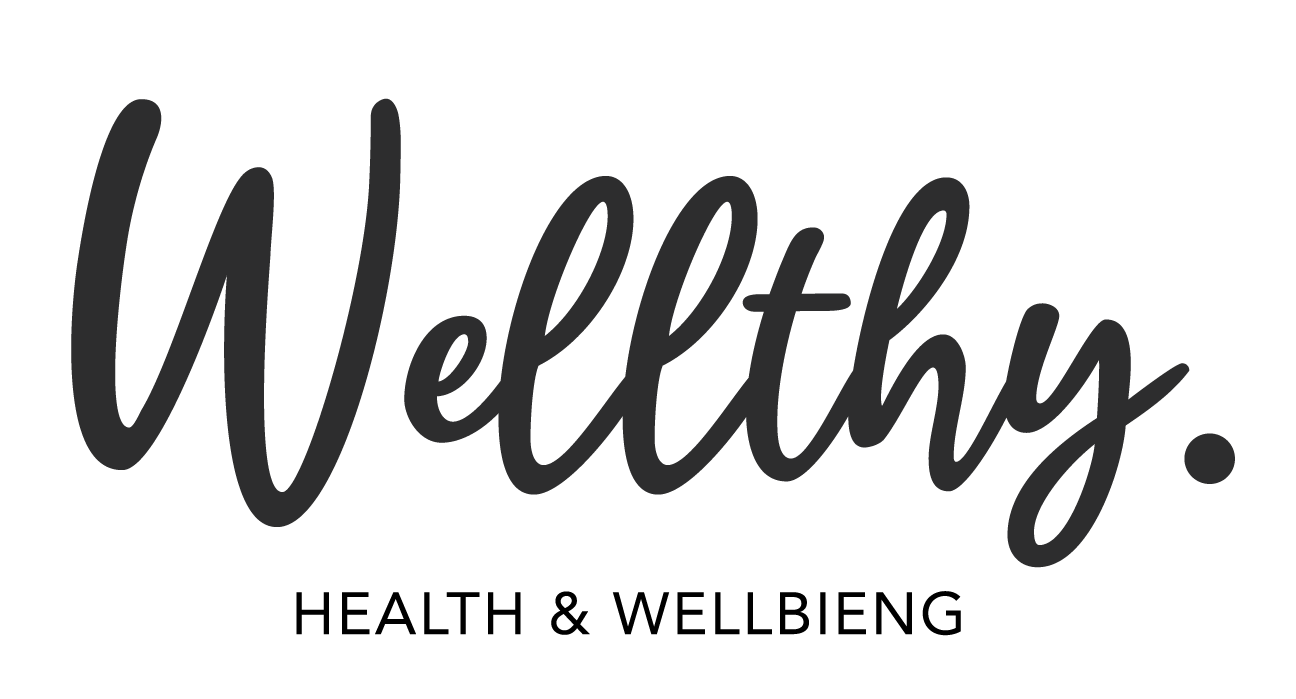Are you a busy urban dweller struggling to find harmony between your professional and personal life? Finding effective work-life balance tips is crucial in today's fast-paced society where work demands can easily overshadow self-care and well-being. In this blog post, we delve into practical strategies and actionable advice to help you navigate the challenges of balancing work and life successfully. Let's explore ways to enhance your overall well-being and productivity while maintaining a healthy equilibrium between your career and personal aspirations.
Identify Your Priorities
In the fast-paced urban lifestyle, it's easy to get caught up in the never-ending demands of work and personal life. To achieve better work-life balance, start by identifying your priorities. Take a moment to assess your values and long-term goals. What truly matters to you? By clarifying your priorities, you can make informed decisions on where to allocate your time and energy.
Assessing Your Values and Goals
Take some time to reflect on what truly brings you fulfillment and happiness. Is it spending quality time with loved ones, pursuing a passion project, or excelling in your career? Understanding your values will guide you in making choices that align with your true intentions.
Setting Clear Priorities
Once you have a clear sense of your values, it's essential to set priorities in both your work and personal life. Determine what tasks or activities are non-negotiable and which ones can be delegated or eliminated. By establishing clear priorities, you can focus on what truly matters most.
-
Make a list of your top work and personal priorities.
-
Allocate specific time slots for these priorities in your daily or weekly schedule.
-
Review and adjust your priorities regularly to ensure they align with your values.
Establish Boundaries
Maintaining healthy boundaries is crucial for achieving work-life balance, especially for busy urban dwellers. Learning to set boundaries can help prevent burnout and ensure that your time and energy are allocated efficiently.
Learning to Say No
One of the most effective ways to establish boundaries is by learning to say no to tasks that do not align with your priorities. Saying yes to every request can lead to overwhelm and a lack of control over your schedule. Practice politely declining commitments that do not contribute to your overall wellbeing.
Setting Time Limits
To avoid overworking and maintain a balance between work and personal life, it's essential to set time limits for work tasks. Use time-tracking tools or techniques like the Pomodoro method to dedicate focused periods to work and incorporate breaks to recharge.
-
Practice assertive communication to express your limits clearly.
-
Prioritize tasks based on urgency and importance to avoid overcommitting.
-
Set boundaries around devices and work notifications outside of designated working hours.
Time Management Techniques
Effective time management is a cornerstone of achieving work-life balance for busy urban dwellers. By implementing practical tools and strategies, you can optimize your schedule and increase productivity while carving out time for personal fulfillment.
Using Calendar Apps and To-Do Lists
Calendar apps and digital to-do lists can be invaluable tools in organizing your day and keeping track of tasks. Utilize features like reminders, color-coding, and time blocking to structure your schedule effectively.
Implementing the Pomodoro Technique
The Pomodoro technique is a time management method that involves breaking work into intervals separated by short breaks. By focusing on tasks for a set period and then taking brief rest periods, you can enhance productivity and maintain energy levels throughout the day.
-
Experiment with different time management tools to find what works best for you.
-
Prioritize tasks based on importance and deadlines to prevent procrastination.
-
Consider integrating project management software for team collaboration and task delegation.
Learn more about efficient time management with Trello.
Incorporate Mindfulness Practices
In the midst of a hectic urban lifestyle, incorporating mindfulness practices can offer a reprieve and foster a sense of balance between work and personal life. Mindfulness techniques can help reduce stress, increase focus, and enhance overall well-being.
Daily Meditation and Deep Breathing Exercises
Taking a few moments each day to practice meditation or deep breathing exercises can create a sense of calm and inner peace. These practices can help you center yourself amidst chaos and approach tasks with a clear and focused mind.
Mindful Eating and Relaxation Techniques
Mindful eating involves paying attention to the sensations and flavors of each bite, promoting a healthier relationship with food and reducing stress. Additionally, setting aside time for relaxation activities like gentle yoga or nature walks can rejuvenate your mind and body.
-
Start your day with a brief meditation or mindful breathing exercise.
-
Practice mindful eating by savoring each meal without distractions.
-
Create a relaxation routine to unwind at the end of each day.
Physical Activity and Wellbeing
Physical activity plays a crucial role in maintaining work-life balance and overall well-being for individuals living in bustling urban environments. Incorporating regular exercise and prioritizing self-care practices can boost energy levels, reduce stress, and enhance mental clarity.
Scheduling Regular Exercise Sessions
Carving out time for physical activity, whether it's a workout at the gym, a yoga class, or a brisk walk during lunch break, is key to maintaining a healthy work-life balance. Exercise not only benefits physical health but also contributes to improved mood and productivity.
Prioritizing Sleep and Self-Care Practices
Adequate rest is essential for optimal performance and well-being. Prioritize quality sleep by creating a sleep-friendly environment and establishing a bedtime routine. Additionally, integrating self-care practices like journaling, taking relaxing baths, or engaging in hobbies can recharge your mind and body.
-
Aim for at least 30 minutes of moderate exercise most days of the week.
-
Practice good sleep hygiene by limiting screen time before bed and maintaining a consistent sleep schedule.
-
Consider incorporating mindfulness techniques into your physical activity routine for added relaxation and stress relief.
Seek Support and Delegate
Seeking support and delegating tasks are essential strategies for busy urban dwellers looking to achieve a healthier work-life balance. Recognizing when you need assistance and effectively delegating responsibilities can alleviate stress and prevent burnout.
Utilizing Resources Like a Therapist or Life Coach
Professional support from therapists or life coaches can provide valuable insights and guidance in navigating work-life challenges. These professionals can help you develop coping strategies, set realistic goals, and improve overall well-being.
Delegating Tasks at Work and Home
Delegation is a skill that can significantly increase productivity and free up time for activities that bring you joy and fulfillment. Delegate tasks that can be handled by others, whether at work or home, to lighten your workload and create space for self-care.
-
Consider outsourcing tasks that are time-consuming but not within your expertise.
-
Communicate clearly with colleagues or family members when delegating tasks to ensure mutual understanding.
-
Regularly reassess your workload and delegate responsibilities as needed to maintain a healthy balance.
How can I effectively prioritize my tasks to achieve work-life balance?
Prioritizing tasks involves identifying your most important and time-sensitive responsibilities, then allocating your time and energy accordingly. Consider using tools like to-do lists and calendar apps to organize and prioritize tasks.
Is it essential to set boundaries between work and personal life?
Establishing boundaries is crucial for maintaining a healthy work-life balance. Setting clear limits on work hours, personal time, and obligations can help prevent burnout and ensure that you allocate time for self-care and relaxation.
How can mindfulness practices help improve work-life balance?
Mindfulness practices, such as meditation and deep breathing exercises, can reduce stress, enhance focus, and promote overall well-being. By incorporating mindfulness into your daily routine, you can cultivate a greater sense of balance and mental clarity.
Why is physical activity important for work-life balance?
Regular physical activity not only benefits your physical health but also has a positive impact on mental well-being. Exercise can boost energy levels, reduce stress, and improve mood, contributing to a more balanced and fulfilling work-life dynamic.
When should I consider seeking professional support for work-life balance issues?
If you find yourself consistently struggling to balance work and personal life, considering seeking support from a therapist or life coach. These professionals can provide guidance, strategies, and a fresh perspective to help you navigate challenges and achieve a healthier balance.


